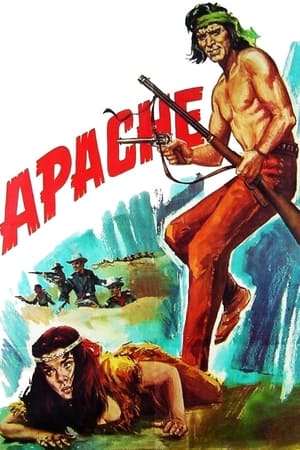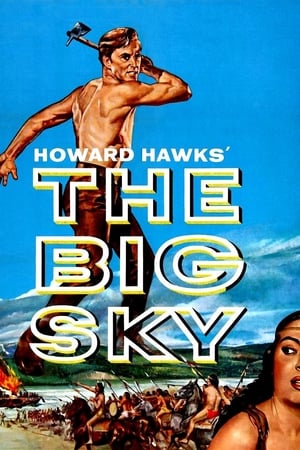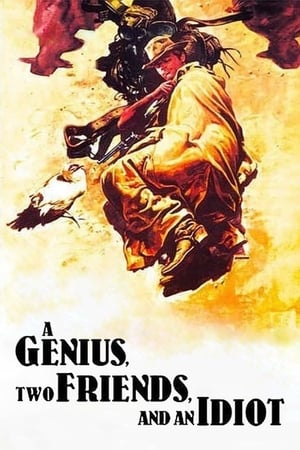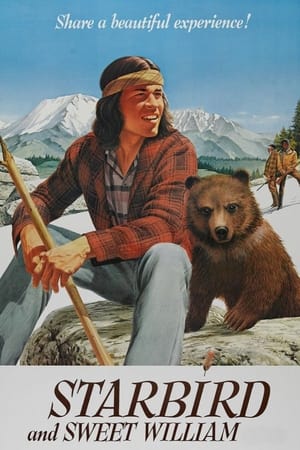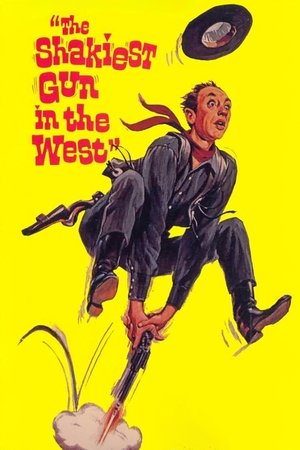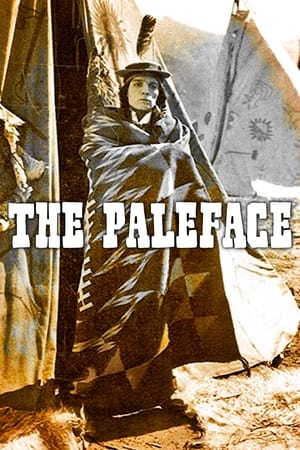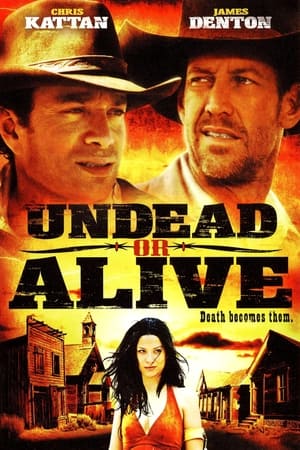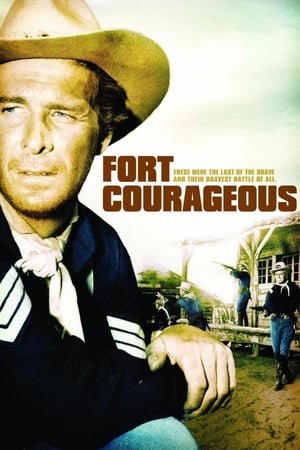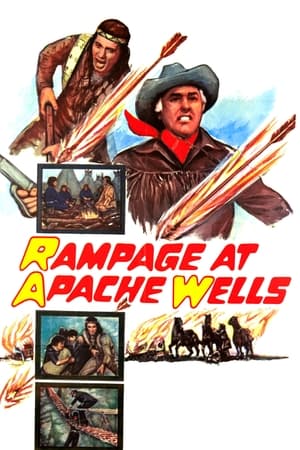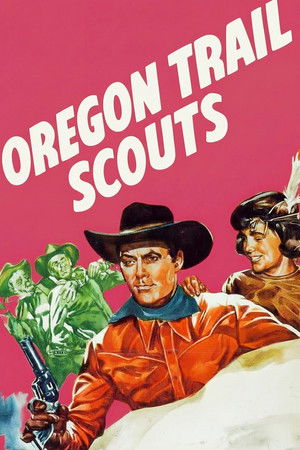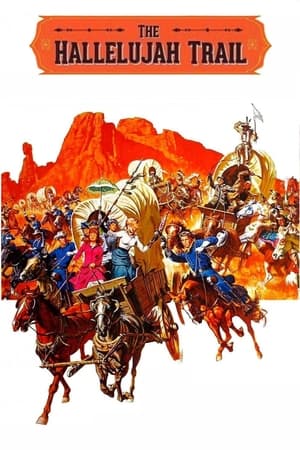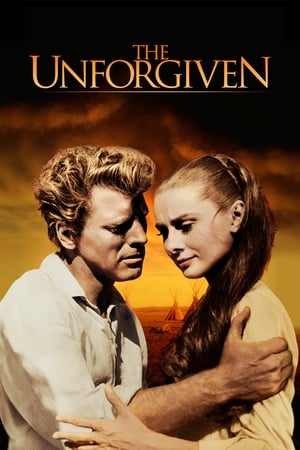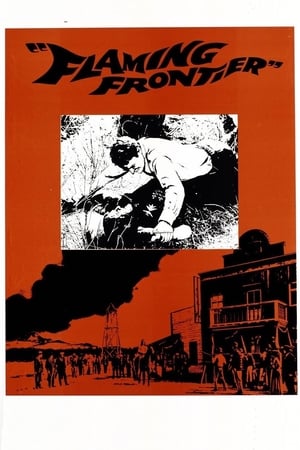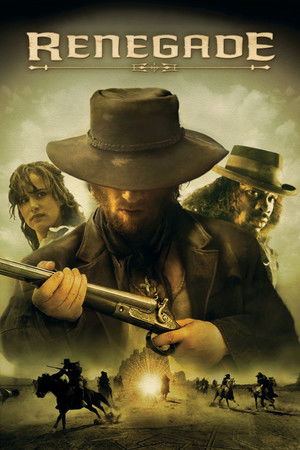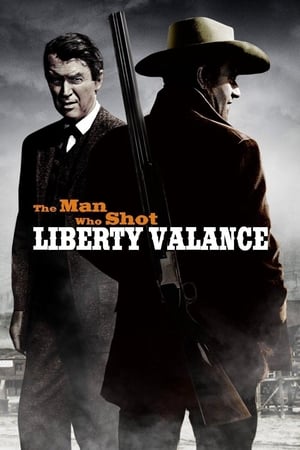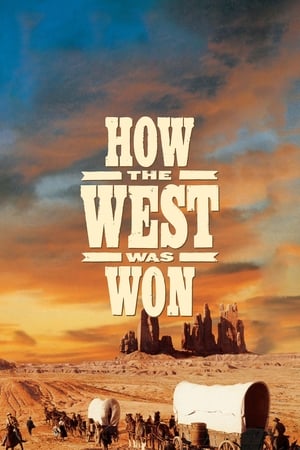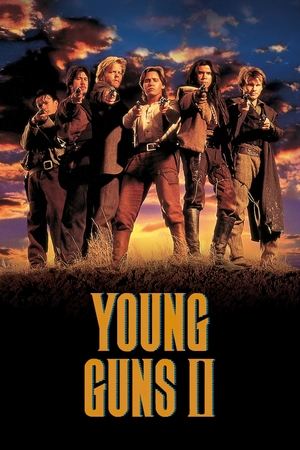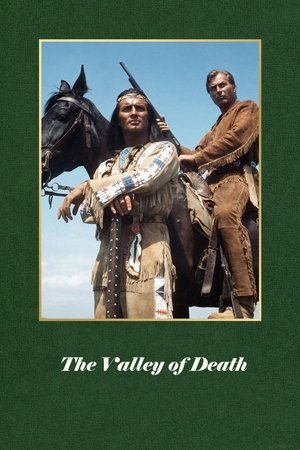Overview
Ex-army officer accidentally kills a woman's son, tries to make up for it by escorting the funeral procession through dangerous Indian territory.
Reviews
***Melancholic, harsh Peckinpah Western with Keith and O’Hara***
A former Union soldier, Yellowleg (Brian Keith), vengefully searches for a Confederate who tried to scalp him alive 5 years earlier. After something bad happens in an Arizona town he offers to escort a dance hall woman (Maureen O’Hara) to a ghost town where her former beau was buried. There are a couple problems though: They have to go through Apache territory and two lowlifes accompany them most of the way.
Released in 1961, “The Deadly Companions” has a lot going for it: It stars Keith and the beautiful O'Hara, who had such great chemistry in "The Parent Trap,” released the very same month. This is Sam Peckinpah's directorial debut in cinema. Most people reading this know that Peckinpah went on to become a highly acclaimed director with notable efforts like "Ride the High Country" (1962). In addition, "The Deadly Companions" was filmed on location in Arizona (including Old Tucson); you can't beat Arizona for fine, authentic Western locations. Lastly, the picture only runs 90 minutes, so it won't likely wear out its welcome.
The first act is promising, highlighted by a church service in a saloon with O'Hara playing a social outcast amongst the church folk (for legitimate reasons). After a tragedy happens, the tone turns melancholic as the characters take a hard journey through the desert where they fight with each other and the Injuns. The movie’s realistic and harsh, reminiscent of unmemorable Westerns like “The Appaloosa” (1966) and “The Stalking Moon” (1968). “Molly and Lawless John” (1972) was the only one that took this basic approach and made a compelling Western.
But at least Peckinpah & team tried to do something different, like Brando did with the contemporaneous “One-Eyed Jacks.” The odd classical-meets-Country-and-Western score by Marlin Skiles is notable. At the end of the day “The Deadly Companions” shoots for dark art with a message of maybe redemption but, after the quality first act, never rises above mediocre. And verges on “The Deadly Dull.”
I kind of liked it, though, but you have to be in a meditative, brooding mood.
GRADE: C

 93 min
93 min
 5.631
5.631
 1961
1961
 USA
USA
 Wuchak wrote:
Wuchak wrote: